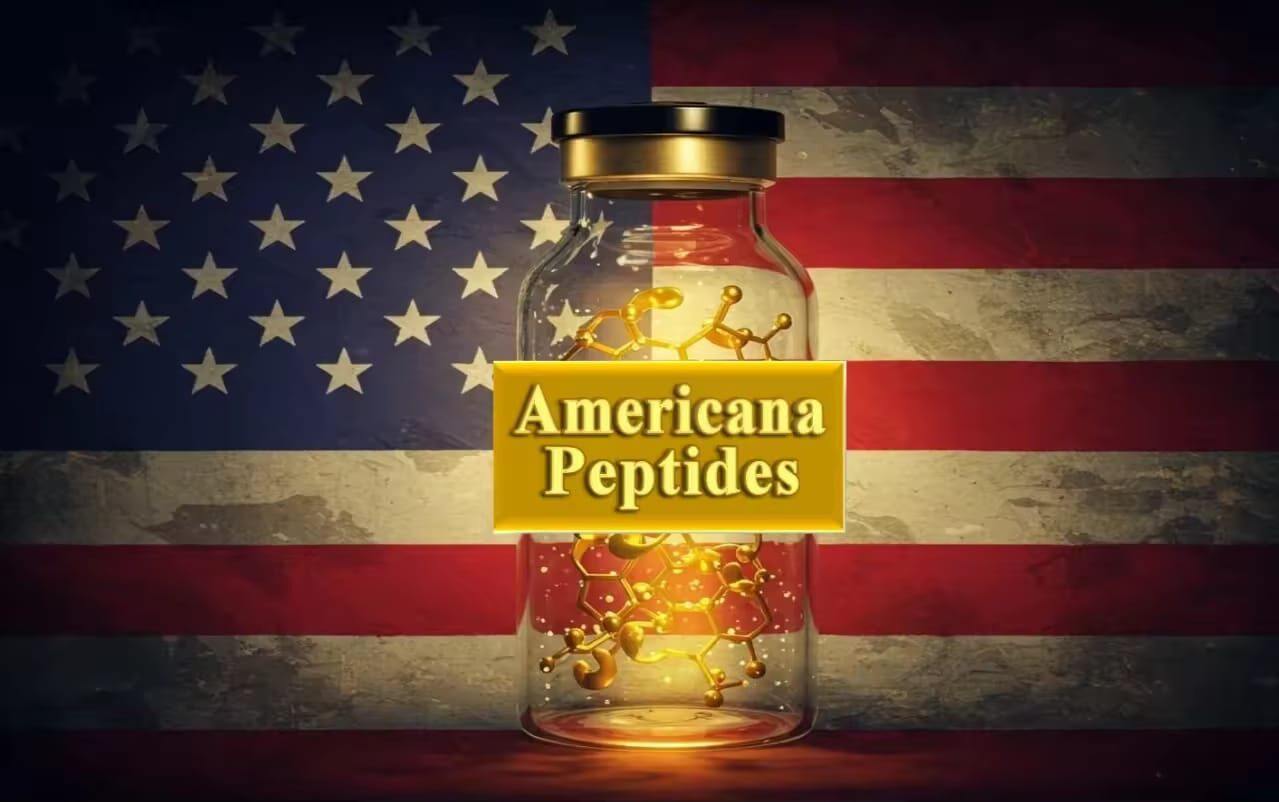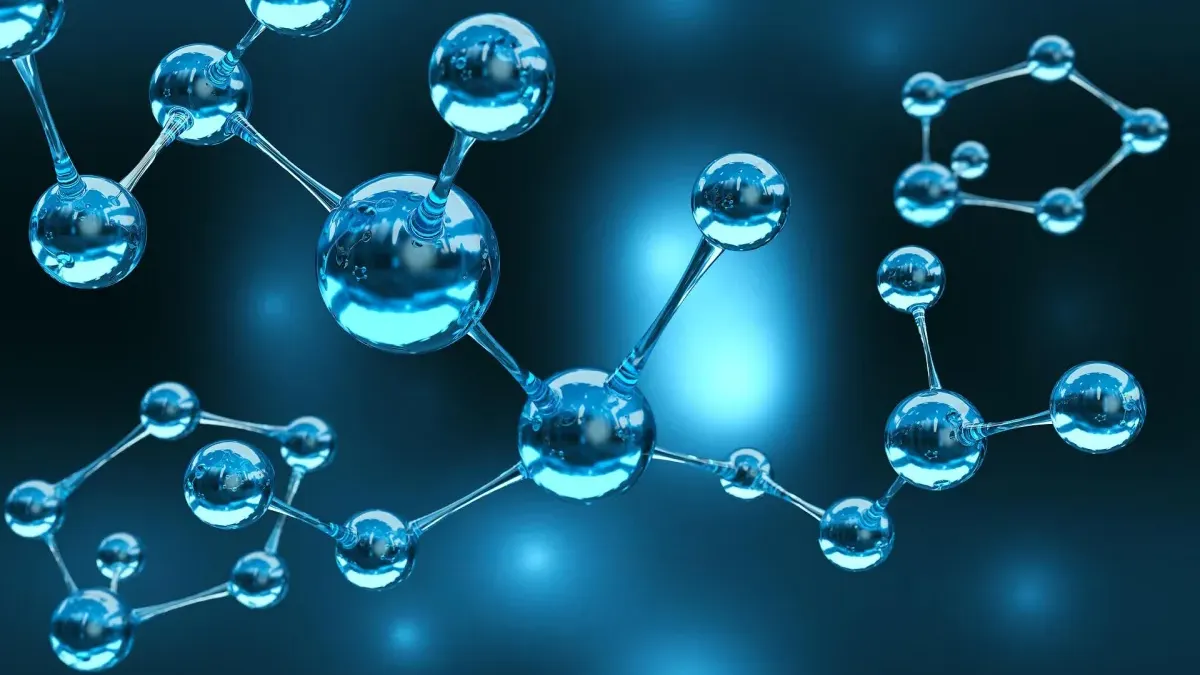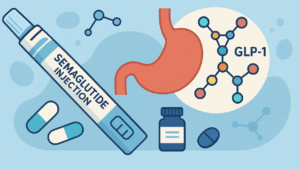Introduction: What Makes Peptides So Powerful?
Peptides are quietly revolutionizing the worlds of health, skincare, and fitness—but what exactly are they?
Whether you’re exploring anti-aging products, muscle-recovery tools, or immunity boosters, peptides are key bioactive compounds that offer remarkable potential. In this beginner-friendly guide, we’ll break down what peptides are, how they function, their different types, and how you can use them to enhance your health, appearance, or athletic performance.
What Are Peptides?
Peptides are short chains of amino acids—usually between 2 and 50—that act as signaling molecules in the body. These chains are smaller than proteins, making them easier for the body to absorb and utilize quickly
🔑 Key Point: Peptides are the building blocks of proteins. Because of their smaller size, they can deliver faster and more targeted effects in various physiological processes.
Source: NIH
How Do Peptides Work in the Body?
Peptides serve as biological messengers, regulating countless processes across different systems in the body. Here’s what they can do:
- Regulate Hormones: For example, insulin is a peptide hormone that manages blood sugar.
- Boost Immune Function: Antimicrobial peptides help fight infections and maintain immune defense.
- Improve Brain Function: Neuropeptides play roles in mood, pain, and cognitive performance.
- Accelerate Healing: Certain peptides stimulate tissue repair and cell regeneration.
These roles make peptides highly valuable in medicine, aesthetics, and performance-based applications.
Types of Peptides and Their Roles
Peptides can be classified in multiple ways. Here’s a breakdown based on size and function:
🔬 By Size:
- Dipeptides: 2 amino acids
- Tripeptides: 3 amino acids
- Oligopeptides: Up to 20 amino acids
- Polypeptides: 20+ amino acids
🧠 By Function:
- Hormonal Peptides: Control bodily functions (e.g., insulin, ghrelin)
- Neuropeptides: Impact the nervous system (e.g., endorphins, oxytocin)
- Antimicrobial Peptides: Defend against viruses, bacteria, and fungi
- Structural Peptides: Support skin, muscle, and bone structure (e.g., collagen, elastin)
Top Benefits of Peptides for Skin and Health
Peptides have become a major ingredient in skincare, anti-aging products, and wellness regimens due to their potent regenerative abilities.
🧴 Key Benefits Include:
- Reduced Wrinkles: Boosts collagen to smooth fine lines
- Improved Skin Elasticity: Helps skin appear firmer and younger
- Faster Wound Healing: Speeds up tissue repair post-injury or procedure
- Stronger Skin Barrier: Enhances protection from UV and pollutants
- Fights Acne & Inflammation: Certain peptides have antimicrobial properties
Source: Healthline – Peptides for Skin
Peptides in Fitness and Bodybuilding
In the world of performance and muscle recovery, peptides are gaining momentum among athletes and bodybuilders for their efficiency and safety when used properly.
💪 Popular Fitness Peptides:
- BPC-157: Accelerates healing of tendons, ligaments, and muscles
- CJC-1295 + Ipamorelin: Promotes natural growth hormone release
- TB-500: Speeds up muscle and joint recovery
- AOD-9604: Aids fat metabolism and promotes weight loss
🚀 Key Fitness Benefits:
- Faster muscle recovery
- Enhanced lean muscle growth
- Increased fat oxidation
- Decreased post-workout inflammation
Note: These compounds should be used only under medical supervision and for research purposes.
Weight Loss Peptides
Certain peptides are specifically researched for their fat-burning and metabolic-enhancing capabilities.
🔥 Examples:
- AOD-9604: Derived from human growth hormone (HGH), this peptide is known for its ability to stimulate lipolysis (fat breakdown) without impacting blood sugar.
- Semaglutide (GLP-1 Agonists): These peptides regulate appetite, insulin levels, and metabolism, making them popular in weight-loss protocols.
- 5-Amino-1MQ: Targets the NNMT enzyme to boost cellular metabolism and reduce fat mass
These are showing promise in both clinical research and real-world studies—though not all are FDA-approved for weight loss use.
Are Peptides Safe and Legal?
✅ Safety:
Many therapeutic peptides have excellent safety profiles when monitored by a healthcare provider.
Potential side effects: Water retention, joint pain, tingling or numbness in extremities.
Avoid unregulated self-dosing and always consult a professional.
✅ Legality:
- FDA-Approved Peptides: Legal when prescribed for medical use (e.g., insulin, liraglutide).
- Research Peptides: Sold for laboratory use and not approved for human use.
- WADA Regulations: Some peptides are banned in competitive sports.
How to Choose the Right Peptides
The “best” peptide for you depends on your goals—be it recovery, anti-aging, fat loss, or performance enhancement.
📌 Tips for Choosing:
- Define Your Goal: Know what you want to achieve (skin health, lean mass, recovery, etc.)
- Select the Right Delivery Method: Injectables are most bioavailable; topicals and orals are also available.
- Prioritize Quality: Choose only lab-tested, high-purity peptides from certified sources.
- Seek Professional Guidance: Always involve a physician or licensed expert.
🧪 Beginner Stack Examples:
- For Skin: Collagen peptides + copper peptides
- For Muscle Recovery: BPC-157 + Ipamorelin (research-use only)
Conclusion: Should You Use Peptides?
Peptides are more than a trend—they’re a powerful set of molecules with broad potential across skincare, wellness, fitness, and even chronic condition management.
Whether you’re aiming to:
- Recover from workouts faster,
- Support fat loss,
- Rejuvenate your skin, or
- Boost your overall well-being
📌 Start your peptide journey today with trusted, lab-tested compounds at Americanapeptides.com.
⚠️ DISCLAIMER: All products sold by Americanapeptides.com are strictly intended for research purposes only.




